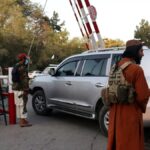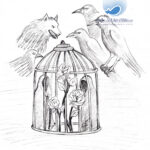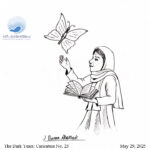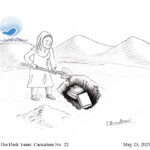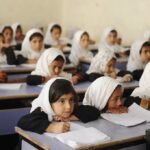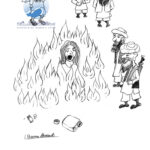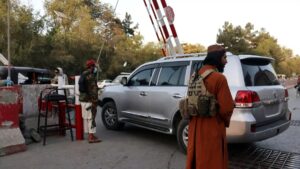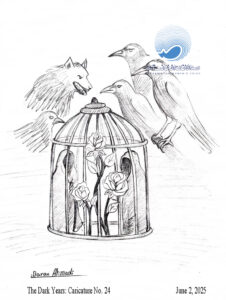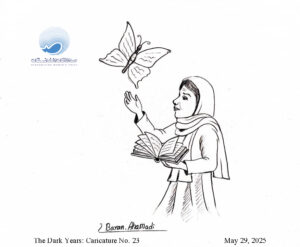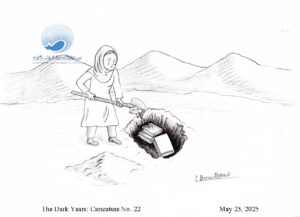Tales of the Dark Age (No 22)
By Gulandam Safari, Translated by Laila Faizi
Sediqah is a young and illiterate woman. Simple, without makeup, patient, yet calm and sorrowful. She doesn’t know her exact age, but from the events she recounts from her region, she is no older than thirty. Twelve years ago, when she was pregnant with her daughter, she migrated to Iran due to poverty, lack of work, and inadequate living conditions. Here, apart from a sister, she has no other family.
Seddiqah has two children: an 11-year-old daughter in fifth grade and a 7-year-old son in first grade. During the summer, she works alongside other Afghan women as a daily wage laborer on agricultural lands. However, in autumn and winter, she is unemployed. The men in Seddiqah’s paternal family did not want her to study or learn a skill. They believed that education was useless for women and that a woman should rely on her husband for subsistence.
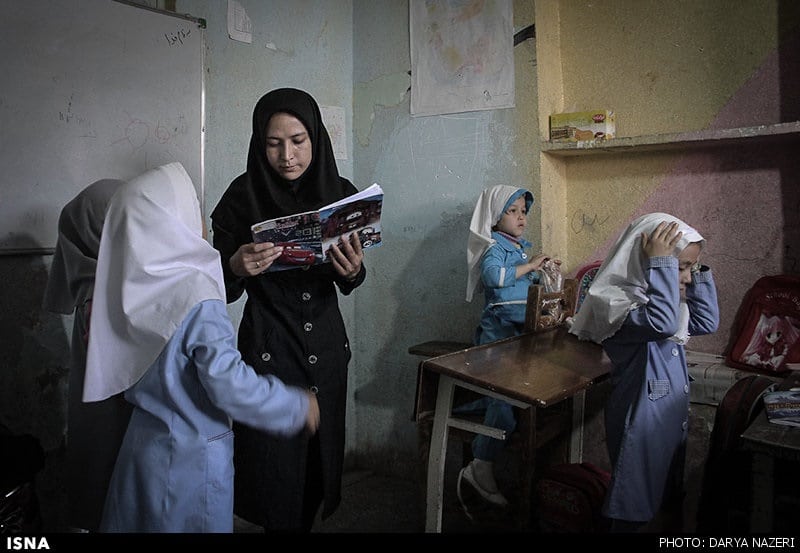
Seddiqah’s husband is one of the thousands of Afghan workers who were deported from Iran last month—a young man who is now separated from his family. Seddiqah remains alone, burdened with the responsibilities now resting on her frail shoulders, while her husband is far away in Afghanistan. Her husband was a simple daily wage labourer. He used to sleep at his workplace and would visit his family about once a week, fearing that he might be caught and deported while commuting between home and work. To avoid this risk, he decided to stay at his workplace.
One day, without prior notice, he was arrested at work. His residency status seemed legal; he had a legal residency permit. However, the authorities did not accept his documents and deported him. Now, Seddiqah’s husband is in Kabul, stranded for weeks without a clear path forward. He doesn’t know what to do. One day, he considers returning to Iran to reunite with his family; another day, he thinks of going to Tajikistan to work in a coal mine. Sometimes, he tells Seddiqah,” Pack up and come to Afghanistan.”
The whole family is stuck in limbo on both sides of the border. Now that Sadiqah’s husband has been deported, as the head of the family, the residency of the other family members has also been revoked, and her children will face difficulties continuing their education.
Seddiqah, in addition to her two children, is also responsible for caring for her elderly mother-in-law. Although not very old, her mother-in-law has poor eyesight and occasionally needs assistance. To make ends meet and support her now fatherless family, Seddiqah travels from the western villages of Alborz to the far side of Varamin by bus to work as a vegetable harvester. She leaves home at 6 a.m. and returns at 9 p.m. While she is incredibly resilient, the job is grueling and sometimes she feels she can’t continue working.
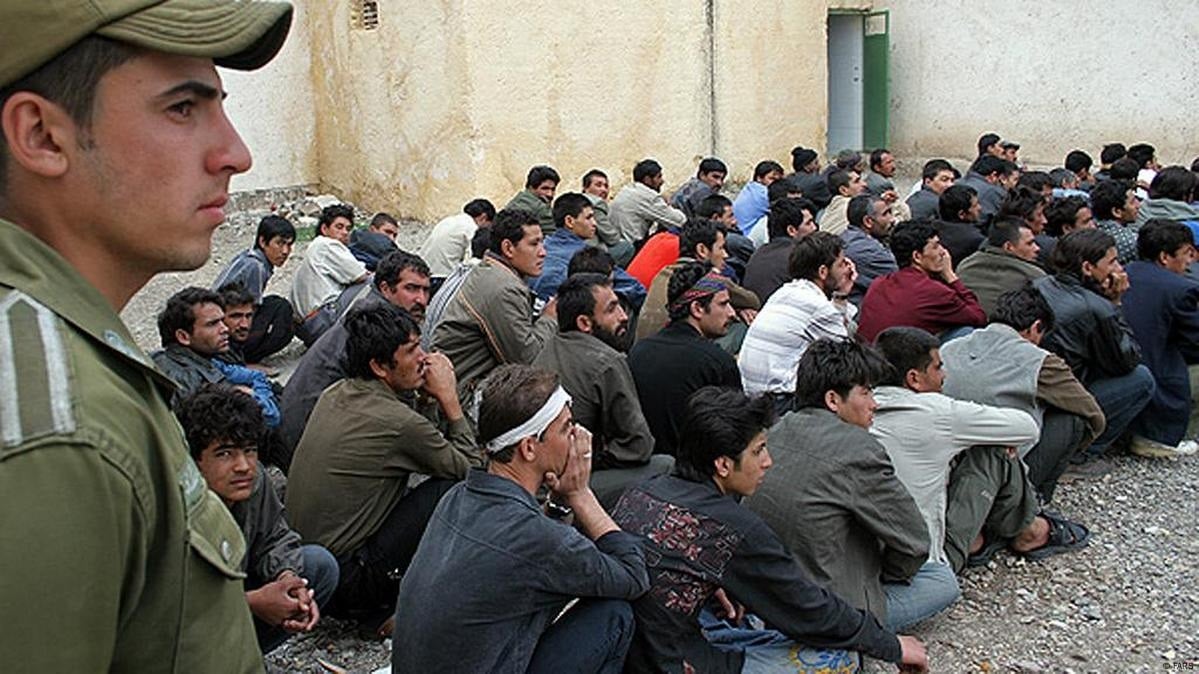
In the early mornings, the fields are damp with dew, soaking the workers’ clothes completely. The celery stalks are heavy, and the physical strain causes Seddiqah severe arm pain, which eventually spreads throughout her body. Whenever she feels body pain, she rests for a few days and then returns to the fields. Despite the physical challenges, she keeps working in the fields, because; she has no other skills. Without any vocational training, manual labor is her only option. She lives with her pains, endures great challenges, and is yet uncertain about her future. She has no other alternatives in sight. When she speaks of her struggles and loneliness, she gets a lump in her throat, and you can see her sorrow in her eyes. She worries about her future—especially the prospect of returning to Afghanistan.
If her husband decides to go to Tajikistan, Seddiqah would have to take her children and mother-in-law to Kabul. There, she would face even greater challenges as a single woman with an 11-year-old daughter whom the Taliban consider an adult, denying her the right to education. Her young son is too little to take on any family responsibilities in his father’s absence. Seddiqah is utterly alone, without support or protection.
The situation of Afghan refugees in Iran is also chaotic. Seddiqah remembers a moment when she was standing in line at a bakery. A local Iranian man angrily tells another man who had been standing behind him, “Why are you standing in line? Push her aside and get your bread. They have no rights; they are eating our subsidies!” Seddiqah could only respond with a bitter smile.
